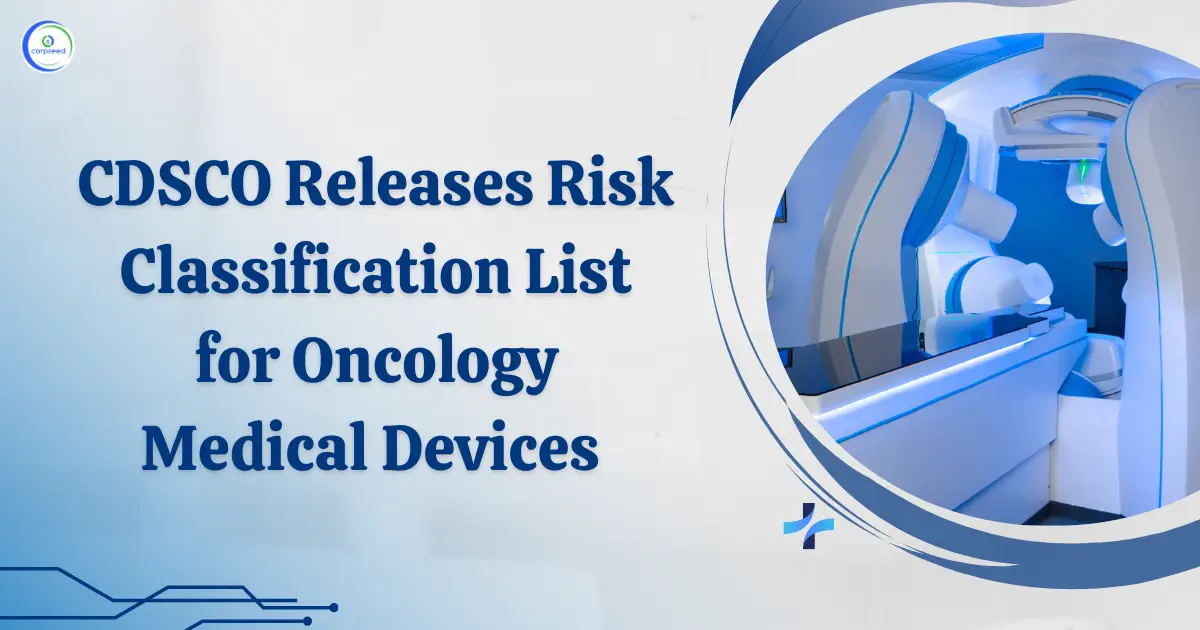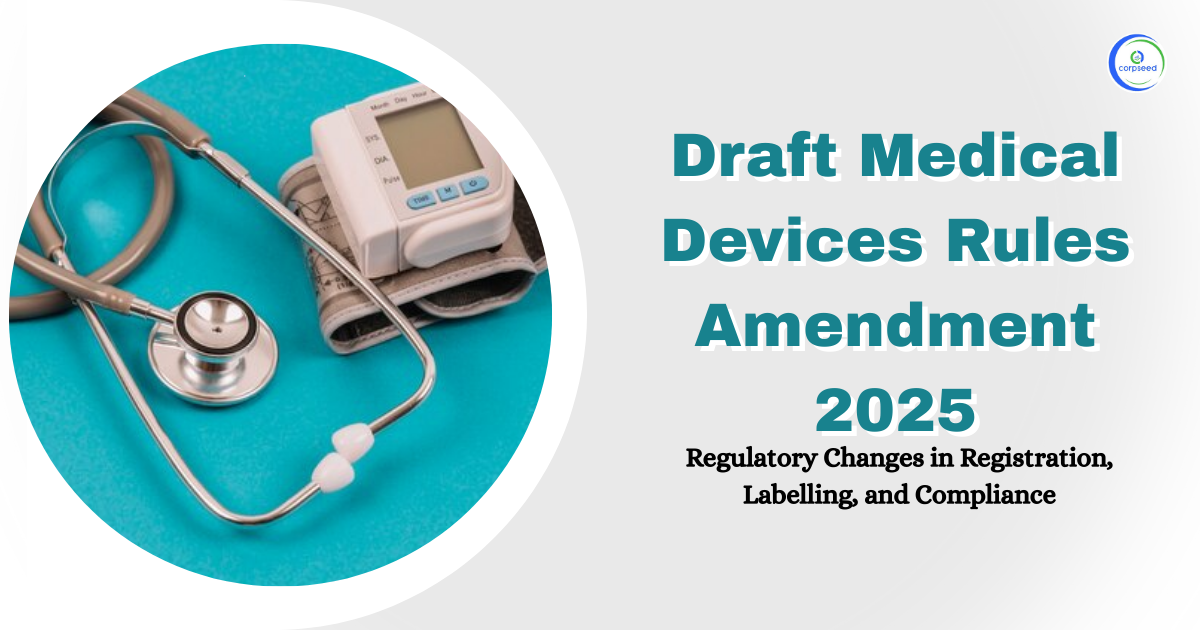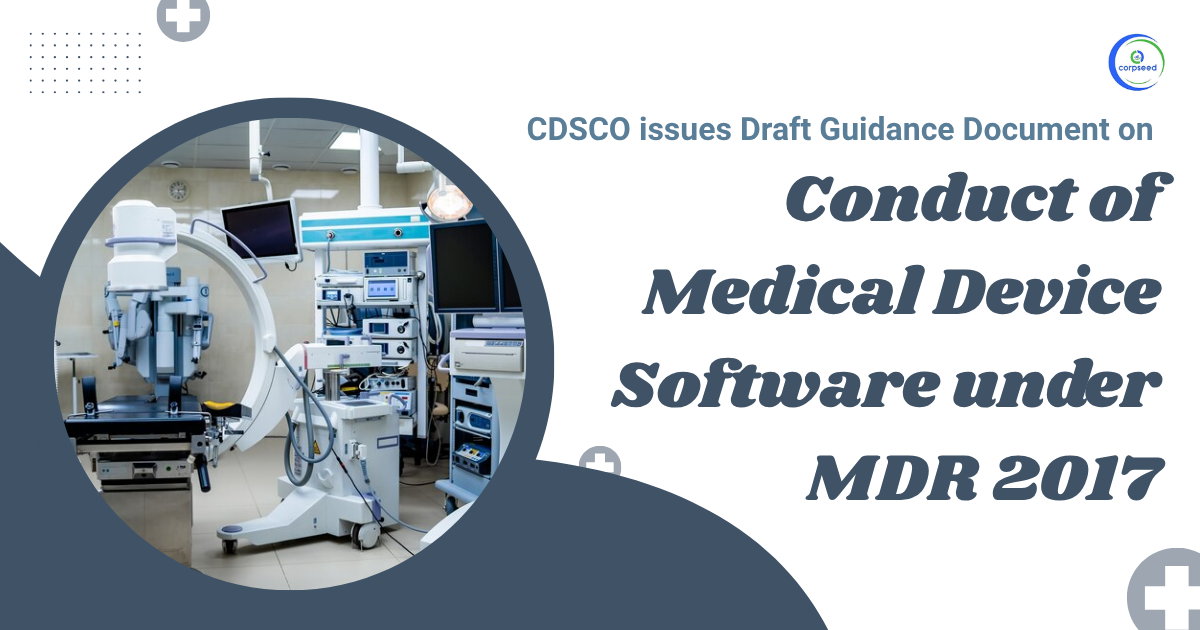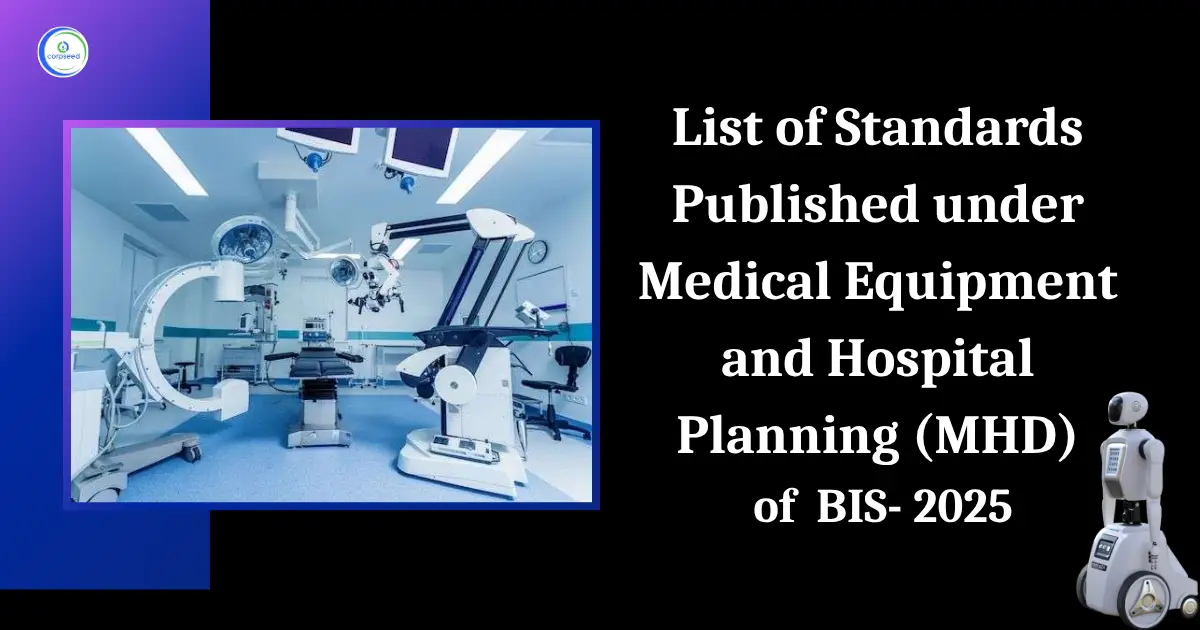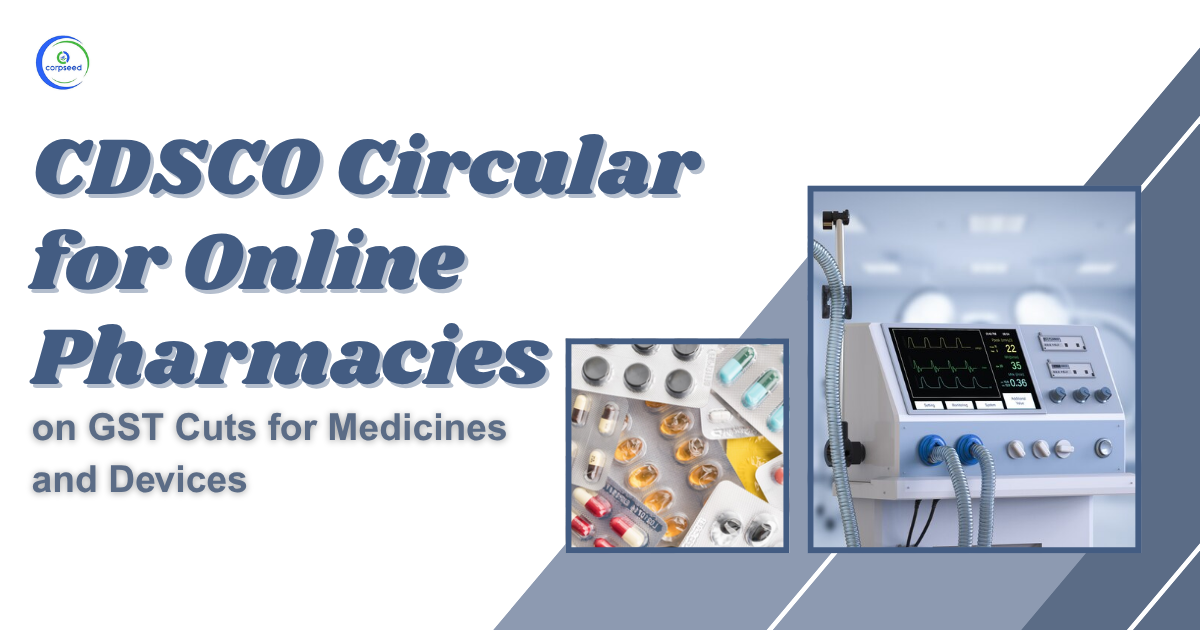Introduction
In India, operating a drug import business requires navigating a strict regulatory environment overseen by the Ministry of Health and Family Welfare's Central Drugs Standard Control Organization (CDSCO). By the 1940 Drugs and Cosmetics Act, importers must first register their premises with the CDSCO and receive a drug import license before they may begin operations. Important processes include creating a legal business, acquiring an Importer Exporter Code (IEC), and making sure that Good Distribution Practices (GDP) are followed.
Table of Contents
--------------Blog Contact Form-------------
Importers must follow Indian Pharmacopoeia guidelines when choosing authorized pharmaceutical products. Payment of customs duties, compliance with regulatory requirements, and documentation are all part of the customs-clearing procedure. Imported drugs must be distributed and stored under strict guidelines, and quality control must be upheld by routine testing. Tight regulatory compliance, determining product demand through market research, and setting up effective logistics are among the challenges. Cooperation with reliable producers, attention to documentation detail, and remaining current with regulatory changes are all necessary for success in the Indian drug import industry. To navigate complexity and guarantee a safe and legal drug supply chain, expert counsel is crucial.
Drug Import Business in India: Importance
For several reasons, the Indian drug import industry is extremely important. In the first place, it helps to treat and prevent a wide range of ailments by guaranteeing a consistent supply of different drugs. India, a significant participant in the global pharmaceutical market, depends on drug imports to get access to innovative medications, which promotes innovation and better health results.
Additionally, the drug import industry promotes global cooperation and gives Indian consumers access to a wide range of pharmaceuticals produced worldwide. This encourages competition, which could result in lower drug pricing and lower costs for the general public to access healthcare.
Importing specialty drugs that might not be produced domestically is essential for treating certain medical disorders. India can take advantage of the most recent medical developments because of the drug industry's global reach, which gives patients access to cutting-edge therapies.
In addition, the drug import industry substantially contributes to the country by promoting commerce and creating jobs in the pharmaceutical supply chain. In general, drug imports are essential to keeping India's pharmaceutical ecosystem strong and diverse and guaranteeing that its people have access to a wide variety of safe and effective pharmaceuticals.
Documents Required to Start a Drug Import Business in India
In India, establishing a drug import business necessitates a rigorous paperwork procedure to meet legal criteria. Although the precise documents needed may differ, they usually consist of the following:
- Establishment Registration Certificate
- Drug Import License
- Importer Exporter Code (IEC)
- Goods and Service Tax (GST) Registration
- Certificate of Analysis (CoA)
- Free Sale Certificate (FSC)
- Power of Attorney (PoA)
- Packaging and Labeling Compliance Documents
- Letter of Authorization from Manufacturer
- Transportation and Customs Documents
- Insurance Documents
Read Our Blog: Decoding the Impact of the Drugs, Medical Devices and Cosmetics
Procedure Required to Start a Drug Import Business in India
Establishing a legally sound operation and ensuring compliance with regulatory standards are the first steps in starting a drug import business in India. The important steps of this process are given below:
- Establishment Registration
Make sure that the Central Drugs Standard Control Organisation (CDSCO) has your business establishment registered. This entails sending in an application and the required paperwork.
- Formation of a Legal Entity
Create a company legally by Indian corporate law. This could entail forming a partnership, a private limited company, or any other appropriate legal entity.
- Obtain Importer Exporter Code (IEC)
Get an IEC from the Foreign Trade Directorate General (DGFT). It is required of companies who import and export items to use this code.
- Drug Import License Application
Request from the CDSCO a license to import drugs. Send in the necessary paperwork, such as the IEC, the evidence of establishment registration, and any other pertinent information.
- Quality Control Compliance
Make sure the prescription drugs you plan to import meet the CDSCO's quality requirements. Acquire from manufacturers the required certificates and paperwork, such as the Certificate of Analysis (CoA).
- Packaging and Labeling Compliance
Make sure the imported drugs' labeling and packaging meet the regulatory requirements set forth by the CDSCO.
- Free Sale Certificate (FSC)
Obtain a Free Sale Certificate from the regulatory body in the origin country, if necessary. This certification attests to the pharmaceutical items' legality and freedom of sale in that nation.
- Power of Attorney (PoA)
If required, execute a Power of Attorney to designate particular people or organizations to act on your company's behalf, particularly when interacting with customs and regulatory agencies.
- Insurance Coverage
Obtain insurance coverage to guard against potential risks when transporting and storing drugs.
- Customs Clearance
Make sure all paperwork and customs processes are followed to clear imported drugs. This entails delivering the shipping bill, bill of entry, and any other necessary customs paperwork.
- Distribution Setup
Create a distribution network for the storage and movement of drugs that comply with Good Distribution Practices (GDP).
Read Our Blog: Everything About Import License of Drug and Cosmetics in India
Conclusion
To sum up, starting a drug import business in India necessitates a careful study of the legal and regulatory environment, a dedication to quality control, and a calculated approach to deal with the complexity of the pharmaceutical sector. It is impossible to overestimate the importance of this sector given its critical role in addressing healthcare demands, promoting innovation, and assisting in the expansion of the national economy.
A thorough approach is required to secure the licenses and approvals required by the Central Drugs Standard Control Organization (CDSCO), which oversees a strict regulatory environment. Obtaining the Importer Exporter Code (IEC), drug import license, and establishment registration are necessary for a successful start. To ensure the efficacy and safety of imported drugs, it is essential to follow packaging and labeling guidelines, get the Certificate of Analysis (CoA), and ensure compliance with quality control standards.
Additionally, the drug import industry is essential in giving India access to a wide variety of pharmaceuticals and enabling it to gain from worldwide medical breakthroughs. It helps to lower drug prices, encourages healthy competition, and makes multinational collaborations easier, all of which help to lower the cost of healthcare for the general public.
But there are obstacles along the way. These include keeping up with legislative changes, carrying out in-depth market research, and setting up effective logistics. A successful drug import company must work with reliable manufacturers and obtain the required paperwork, such as the Power of Attorney (PoA) and Free Sale Certificate (FSC).
In conclusion, the Indian drug import industry offers rich prospects, but it also necessitates dedication to quality, compliance, and ongoing regulatory dynamics adaption. Entrepreneurs venturing into this field ought to give top priority to moral behavior, patient security, and improving the general health of India's healthcare system.
This portion of the site is for informational purposes only. The content is not legal advice. The statements and opinions are the expression of author, not corpseed, and have not been evaluated by corpseed for accuracy, completeness, or changes in the law.
BOOK A FREE CONSULTATION
Get help from an experienced legal adviser. Schedule your consultation at a time that works for you and it's absolutely FREE.


